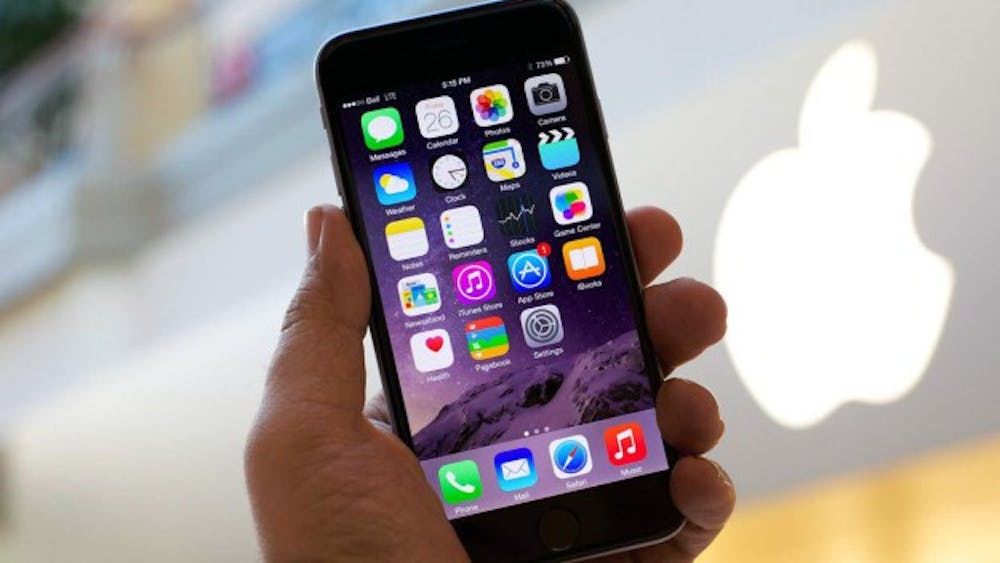By Chelsea LoCascio
Production Manager
Social media’s expanding population has transformed its purpose from connecting with friends to promoting businesses, products and people.
“When you’re old, you will say to some young person, ‘Back in my day, we actually had a piece of paper called a resume,’” Dean of the School of Business William Keep said. “Your social (media) presence will be your presence soon.”
This shift, to Keep, was what the panel “Your Public Face via Social Media” was all about. Held on Wednesday, Feb. 18, the panel, which was sponsored by the Dean’s Advisory Council and co-sponsored by Beta Gamma Sigma and Delta Sigma Pi, was held from 6 p.m. to 7:30 p.m. in the Business Building lounge. The panel gathered a host of social media experts to discuss the impact of social media on students’ professional lives.
The panel included Sarah Cirelli, an interactive marketing manager at WithumSmith+ Brown, alum Kevin Coughlin, a product engineer at Tumblr, and Patti Singer, owner of Follow Me Social Media.
Moderator and alum Rebecca Machinga, a partner at WithumSmith+ Brown and chair of the Dean’s Advisory Council, began the discussion by asking the panel how students with little job experience can best promote themselves on LinkedIn, a popular social media site for professionals.
Singer said a crucial part of a profile is to include a professional headshot, which students were able to acquire after the discussion. It is also important to fill out the profile in its entirety and pay special attention to the summary section, according to Singer.
“That is where you can let everyone know who you are as a person and what your personal mission statement is,” Singer said. “Lead with your ‘why.’ Why do you want to get involved in the industry you’re going to college for? People will be mesmerized and read your entire summary … you will stand out from the crowd.”
Cirelli agreed and added that as a former college student, she is familiar with the embarrassing photos that can haunt you on social media and everyone should take control of what others can see by cleaning up their profiles.
“To not take ownership of the information people can find on you online is probably the most irresponsible thing you can do professionally,” Cirelli said. “You really want to take the keys to your online identity.”
Along with being careful of your image, be weary of strangers offering job opportunities or trying to connect with you, Coughlin said. The panel agreed that if a stranger connects with you and they are untrustworthy, it would inevitably reflect badly on you.
“It’s not like who has the most connections wins. That’s not what LinkedIn is about,” Singer said. “You want to make solid connections with people that you trust... that you wouldn’t be afraid to refer to other people.”
Machinga also asked the panel what part of the profile employers cared about most. According to Cirelli, companies are impressed when a student can apply the skills from a previous experience, like a job at a pizzeria, to the job they currently desire.
Although the panel discussed how detrimental social media could be to any budding career, they also emphasized the importance of not losing person-to-person contact and using sites like LinkedIn to supplement what you are already doing to promote yourself.
“Think about (social media) as a way to help you do what you’re already doing, more efficiently,” Cirelli said. “I don’t want it to be all you’re doing. There is still value in the face-to-face, the phone calls, the meeting and real networking parties. Use (social media) to enhance what you’re already doing.”







